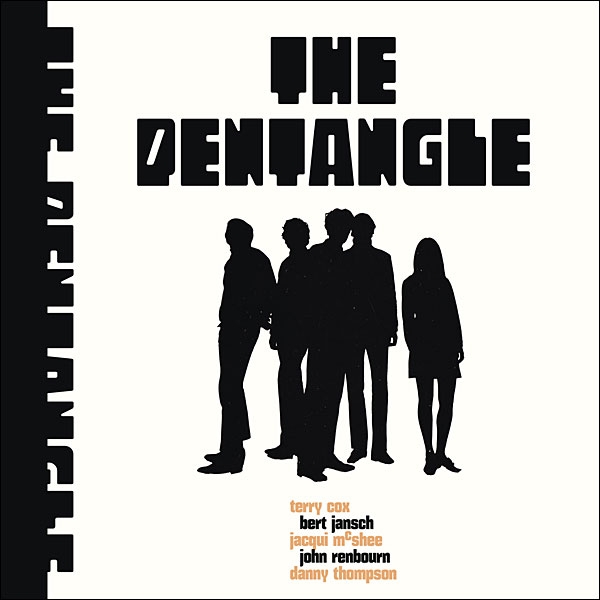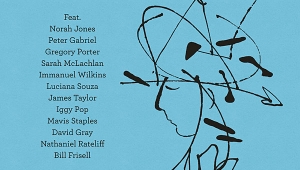| Columns Retired Columns & Blogs |
Is very good, but did anyone notice that the live (or alternate?) takes really sound more alive and spacious than the studio equivalents? I think it was Way Behind The Sun where the studio version sounded almost constricted compared to the live version. That's the impression I got, even allowing for different acoustics in the different recording venues.








































